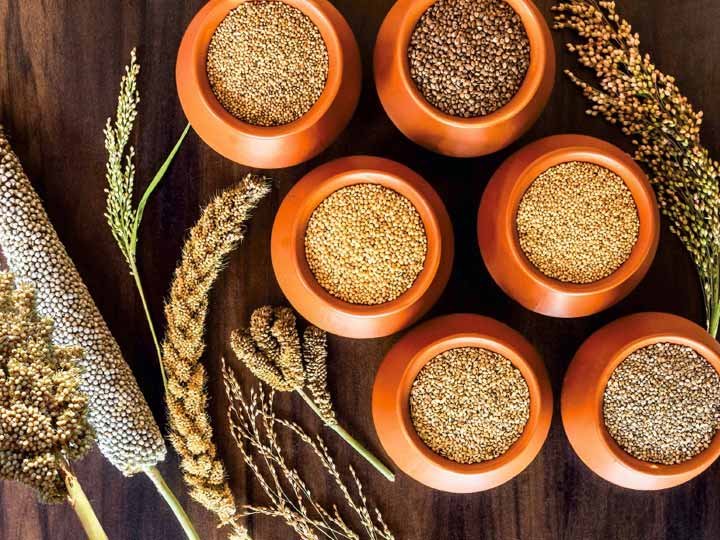Wednesday, 3 December 2025

The Bibi Fatima Women’s Self-Help Group (SHG) from Teertha village in Dharwad district has been awarded the United Nations Development Programme (UNDP) Equator Prize, one of the world’s most respected community-level sustainability honours, often described as the “Nobel Prize for Biodiversity.”
Formed in 2018 with just 15 members, the group has been selected from among 700 entries spanning 103 countries under the theme “Women and Youth Leadership for Nature-Based Climate Action.” The recognition carries a global platform as well as a cash award of approximately Rs 8.5 lakh.
Over the past seven years, the collective has pioneered a millet-based sustainability model that now reaches more than 30 villages in Karnataka. By reviving traditional cultivation practices, adopting natural methods, running a women-managed processing unit, establishing community seed banks, and promoting healthier food production, the SHG has not only safeguarded local biodiversity but also improved nutrition, raised farm incomes, and advanced women’s empowerment.
“This recognition validates the power of grassroots women’s leadership in building sustainable food systems,” the SHG members said in a joint statement. “Millets not only strengthen climate resilience but also restore dignity, income, and health in our communities.”
The UNDP Equator Prize spotlights how local communities, particularly women-led groups, can deliver outsized impact in addressing the global challenges of climate change, biodiversity loss, and food insecurity. For India, it also strengthens the momentum of the national millet movement, underscoring how traditional crops can serve as both a tool of climate adaptation and a catalyst for rural economic transformation.